Ryan Reynolds Revealed It Took 10 Years To Get 'Deadpool' Made
By Kristin Myers on June 23, 2022 at 8:00 AM EDT
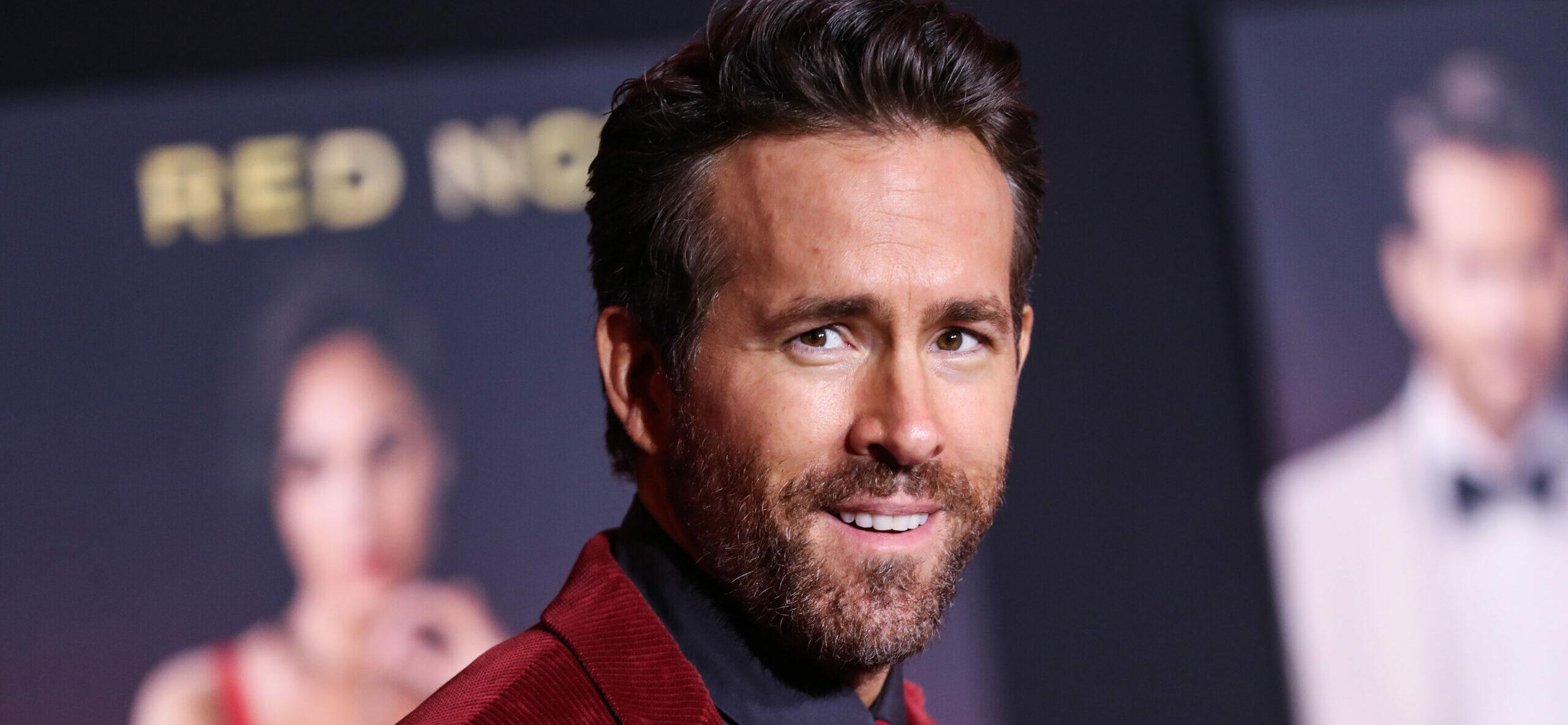
Actor Ryan Reynolds was already a pretty big celebrity before starring as “Deadpool,” but Reynolds recently revealed that it took a lot more work to get “Deadpool” off the ground than anyone might have realized.
The “Red Notice” actor spoke at the Cannes Lions advertising event in France on Friday as the Chief Creative Officer of ad-tech MNTN. During his discussion, he talked about the creation of “Deadpool,” describing it as “h---.”
Ryan Reynolds Says Deadpool ‘Got Made Through Some Pretty Unorthodox Methods’
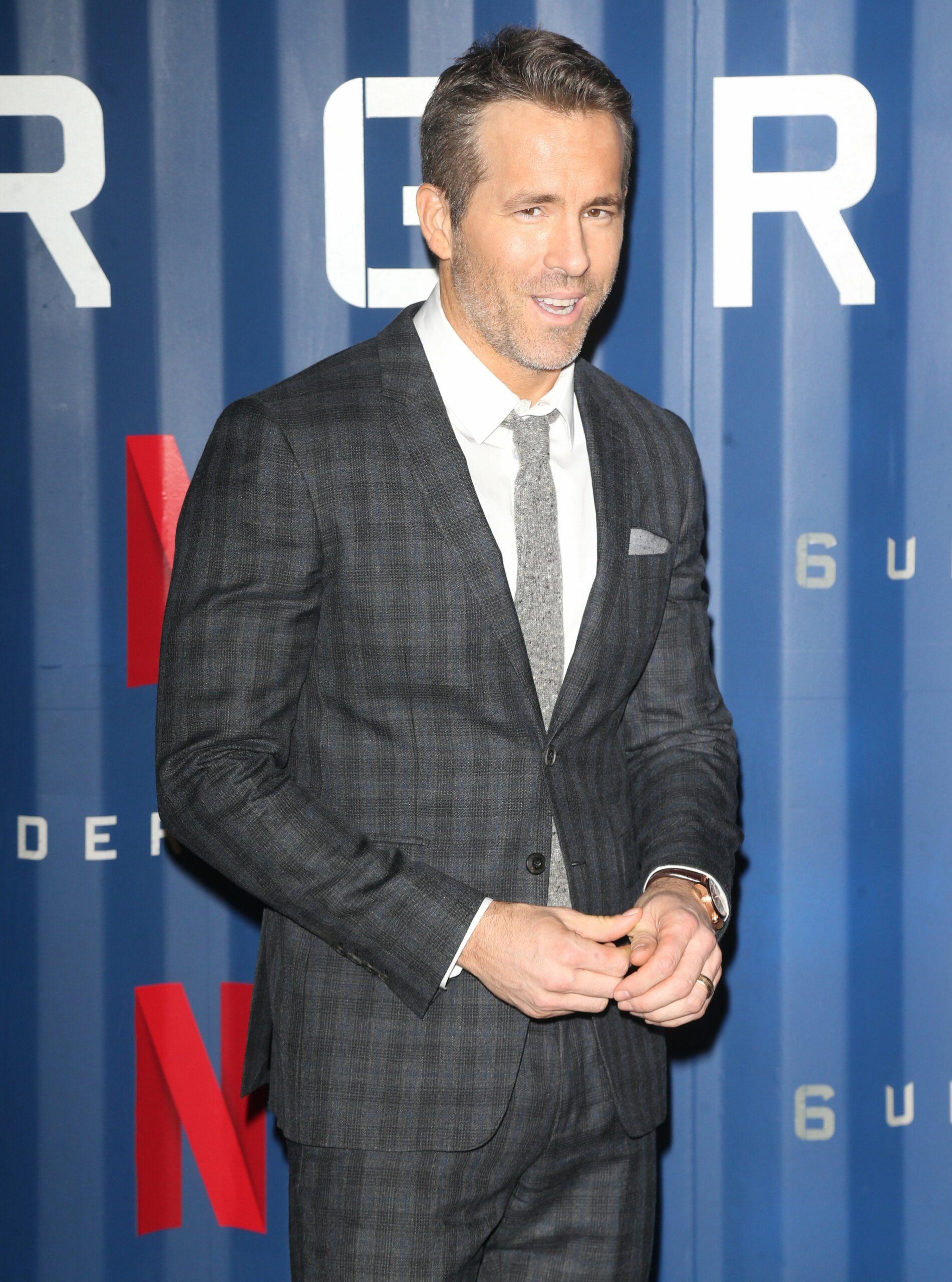
The “Free Guy” actor’s comments at the event were transcribed by Deadline.
At the event he told the crowd, "I spent ten years trying to get the film Deadpool made," adding, "It was h---."
"We shot some test footage, some absolute b------ leaked it onto the internet, and that’s what got the movie made," he explained. The "Buried" actor explained that the superhero flick “got made through some pretty unorthodox methods.”
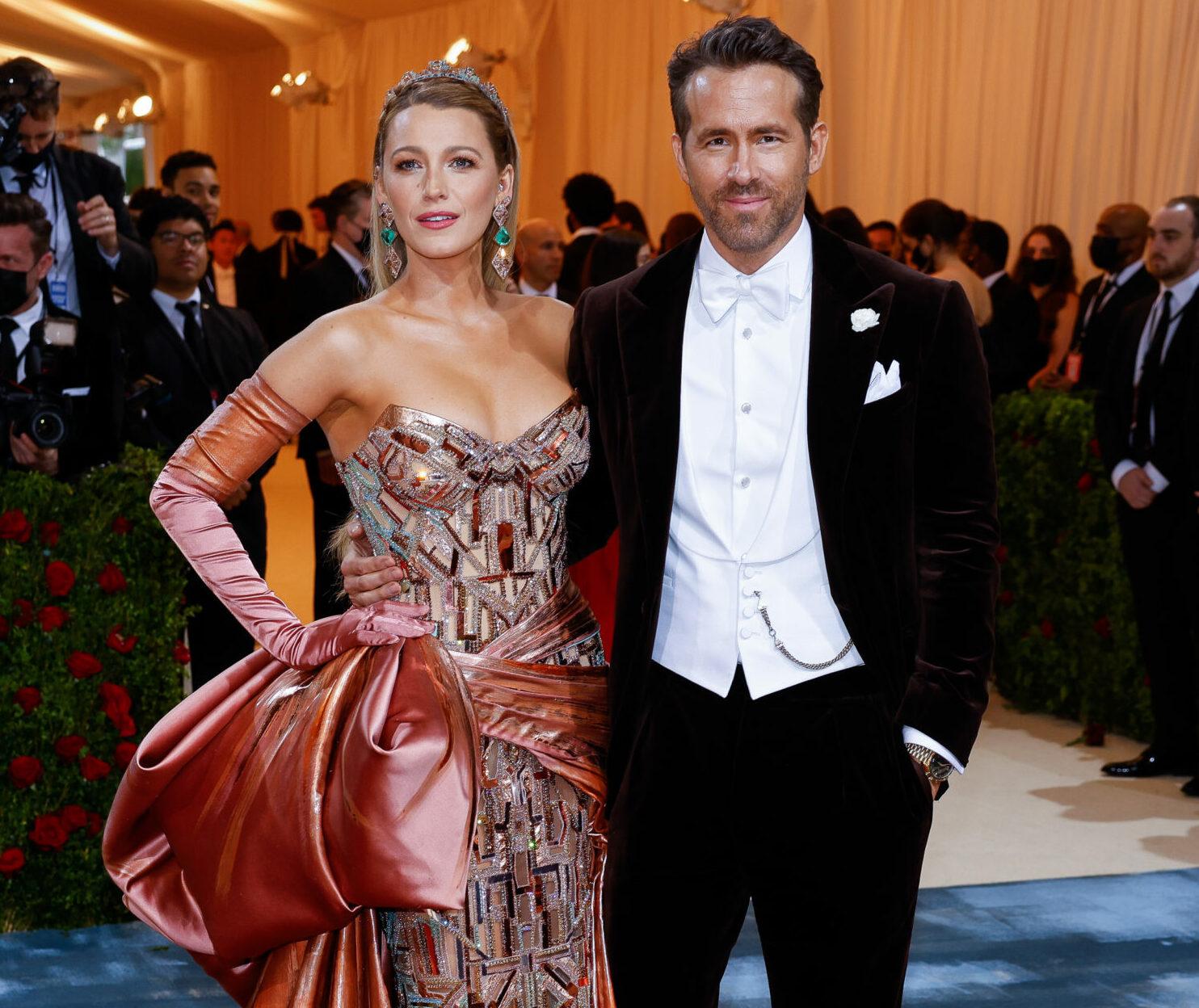
“The studio [20th Century Fox] never really believed in it so they gave us absolutely nothing compared with other comic movies," he went on. "We had to make every dollar feel like ten."
“As we did this, I was learning lessons left, right, and center. We started to really know and play with the cultural landscape of the character," he added. "During the movie, we replaced spectacle with character and I saw that it worked just as well.”
'Deadpool' Helped Reynolds Launch His Entrepreneurial Career
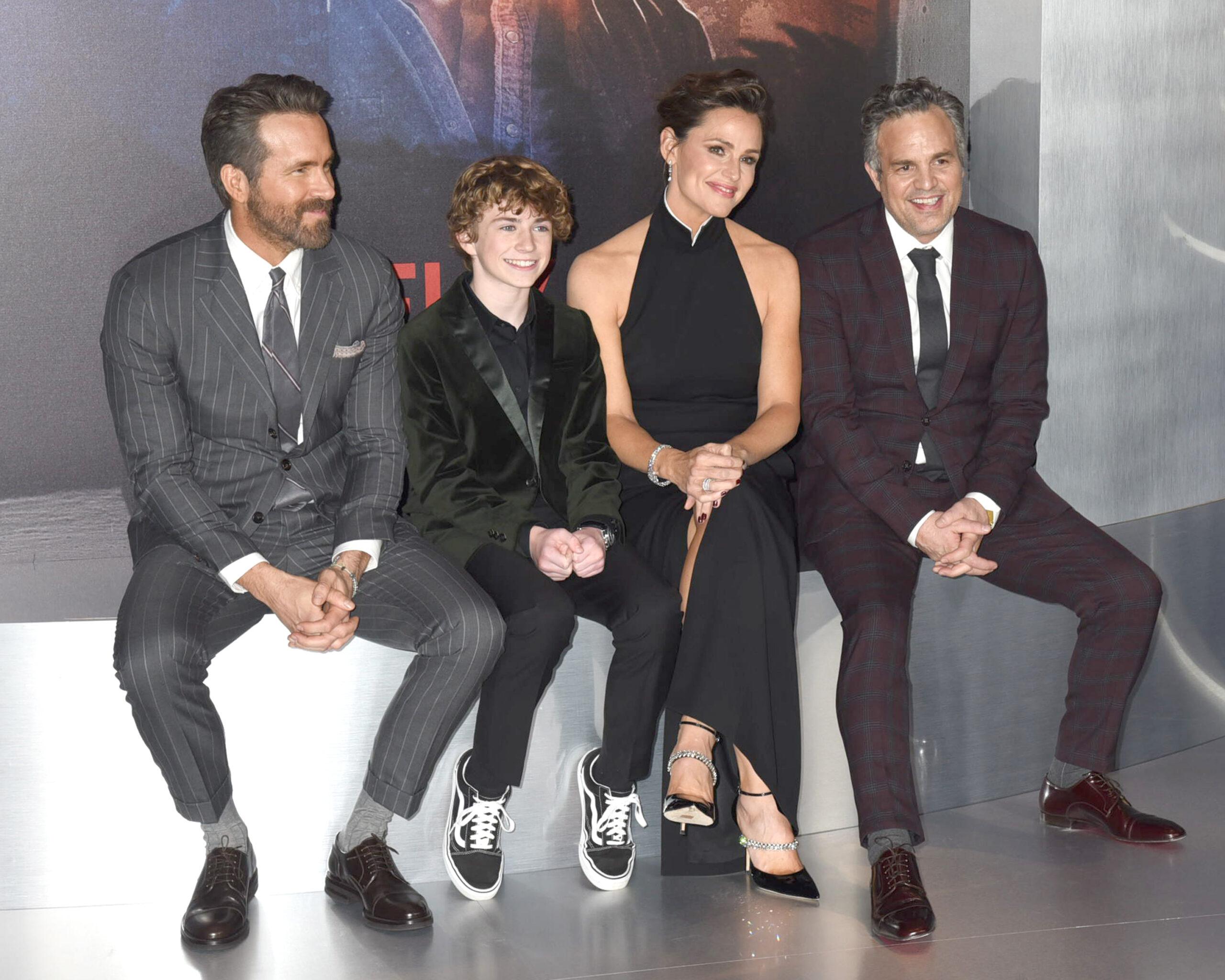
Reynolds held on to one of his Deadpool suits to help market the movie. He described it as "having fun, without giving away pieces of the film." As Deadline reported, the movie has made over $782 million dollars at the box office since it was released in February 2016.
Reynolds explained that the movie helped launch his entrepreneurial career, saying, “I used some of that sweet Deadpool money to buy Aviation Gin, and I needed to market that. Inadvertently, we became a marketing company and we were having the time of our lives.”
In 2018, Reynolds became a co-owner of Aviation Gin and sold it to Diageo two years later for over $600 million dollars.
Ryan Reynolds Is Changing The Future Of Marketing
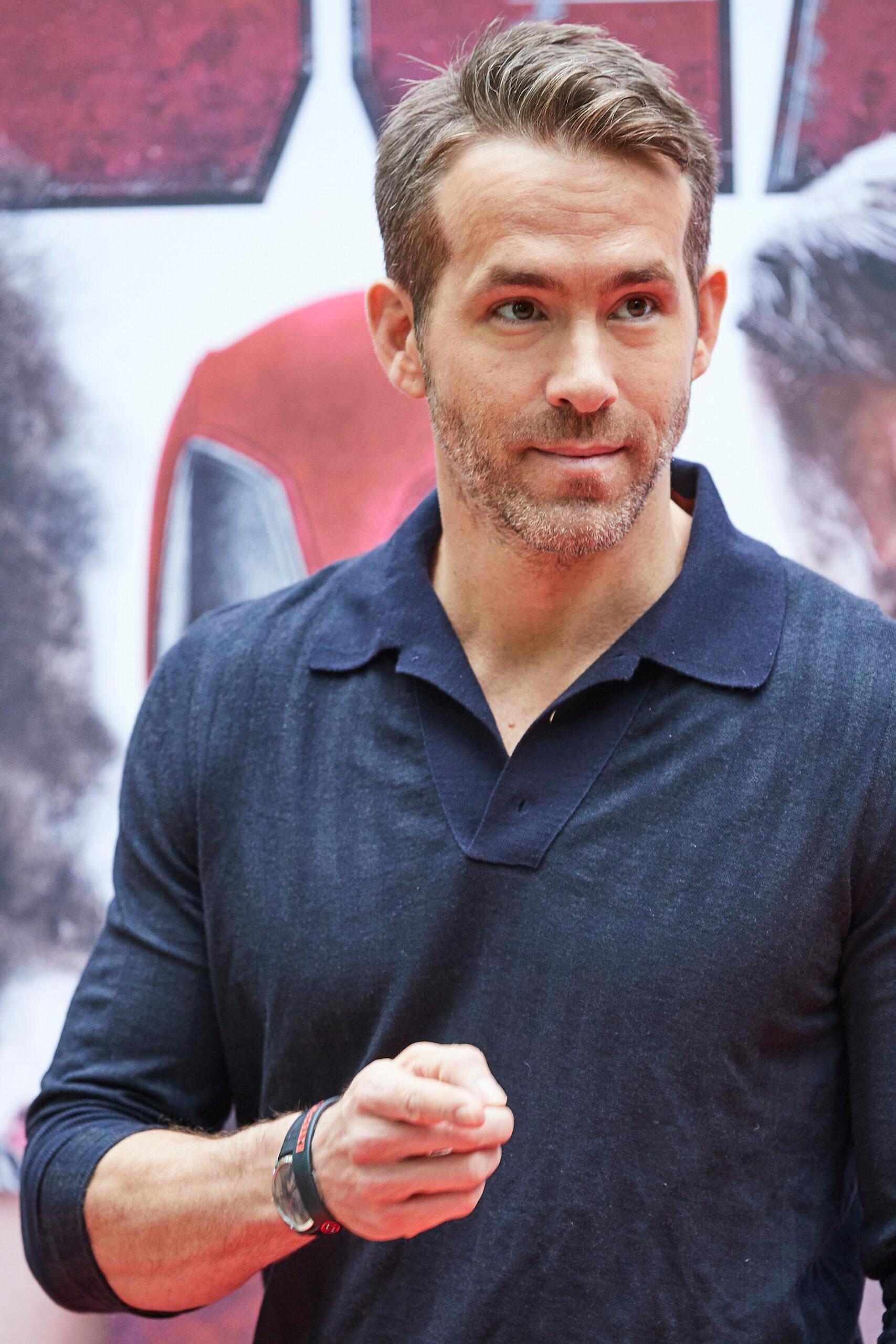
At the Cannes Lions event, Reynolds spoke with Wendy Clark, Global CEO of Japanese ad giant Dentsu International. During their conversation, Reynolds discussed the importance of shaping ads around cultural trends and using their brands to tell a story.
Clark said that the two appealing elements of Reynolds' advertising campaign are speed and humor.
Reynolds agreed, adding, “Most campaigns can take up 9-12 months to launch, and if you’re trying to do something that is relevant to culture, you’ve completely missed the mark."
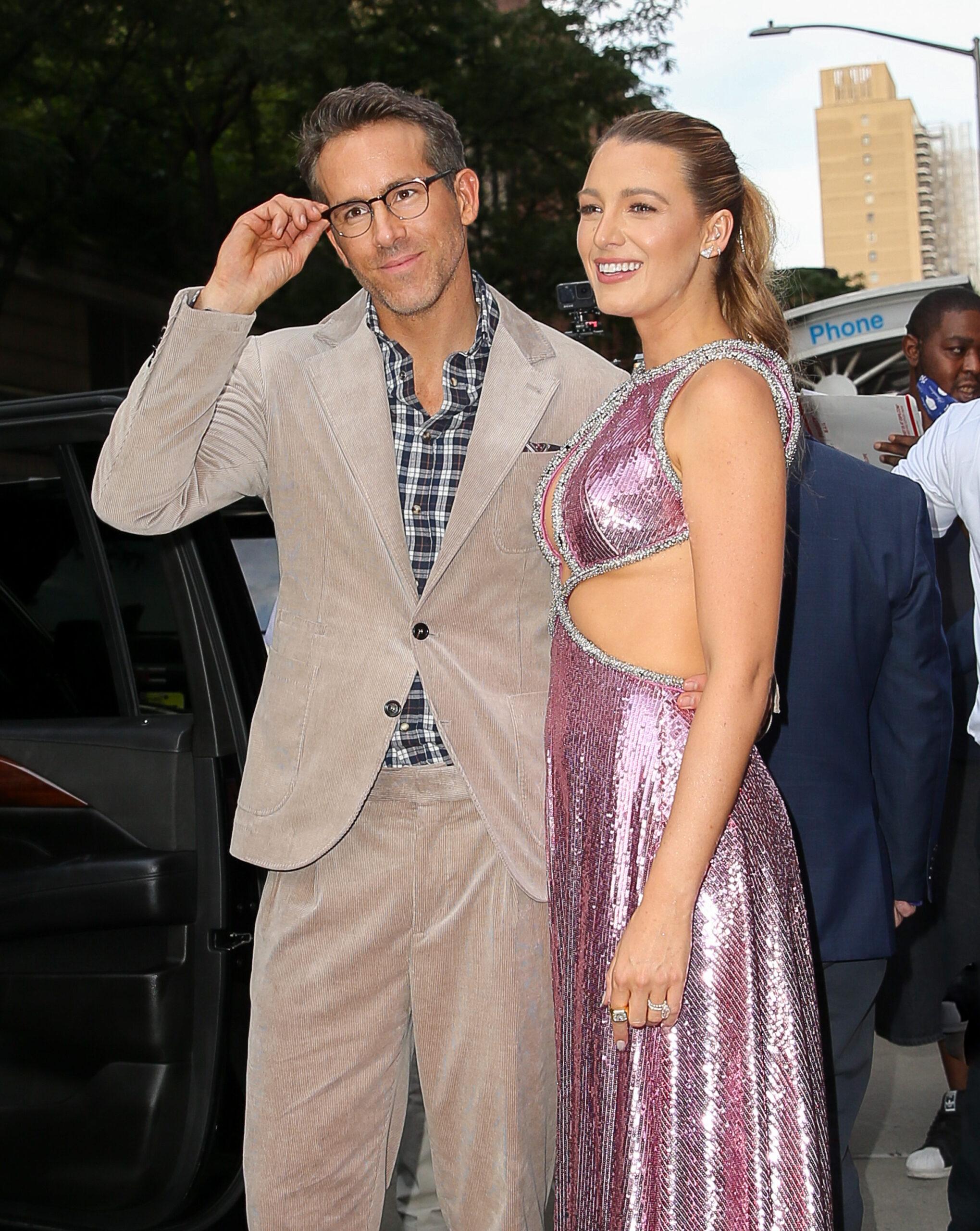
"It’s not one-size-fits-all, but speed is incredibly important to me," he continued. "It’s about keeping the necessary checks and balances but creating a system that allows us to work at speed."
“Culture moves really fast," he went on. "When a cultural conversation bubbles up in a big way and it becomes the subject of every social media platform, it’s being commented on with or without us. We try to add a production element to that."
"If you [do] that, it’s a whole next level," Reynolds explained. "You’re taking a conversation that’s already happening, inserting a brand into that conversation and thus the brand becomes the conversation."
“If you’re doing it in a way that is a, ‘Do no harm, shots not fired’-kind of philosophy, it can be incredibly fun,” he added.
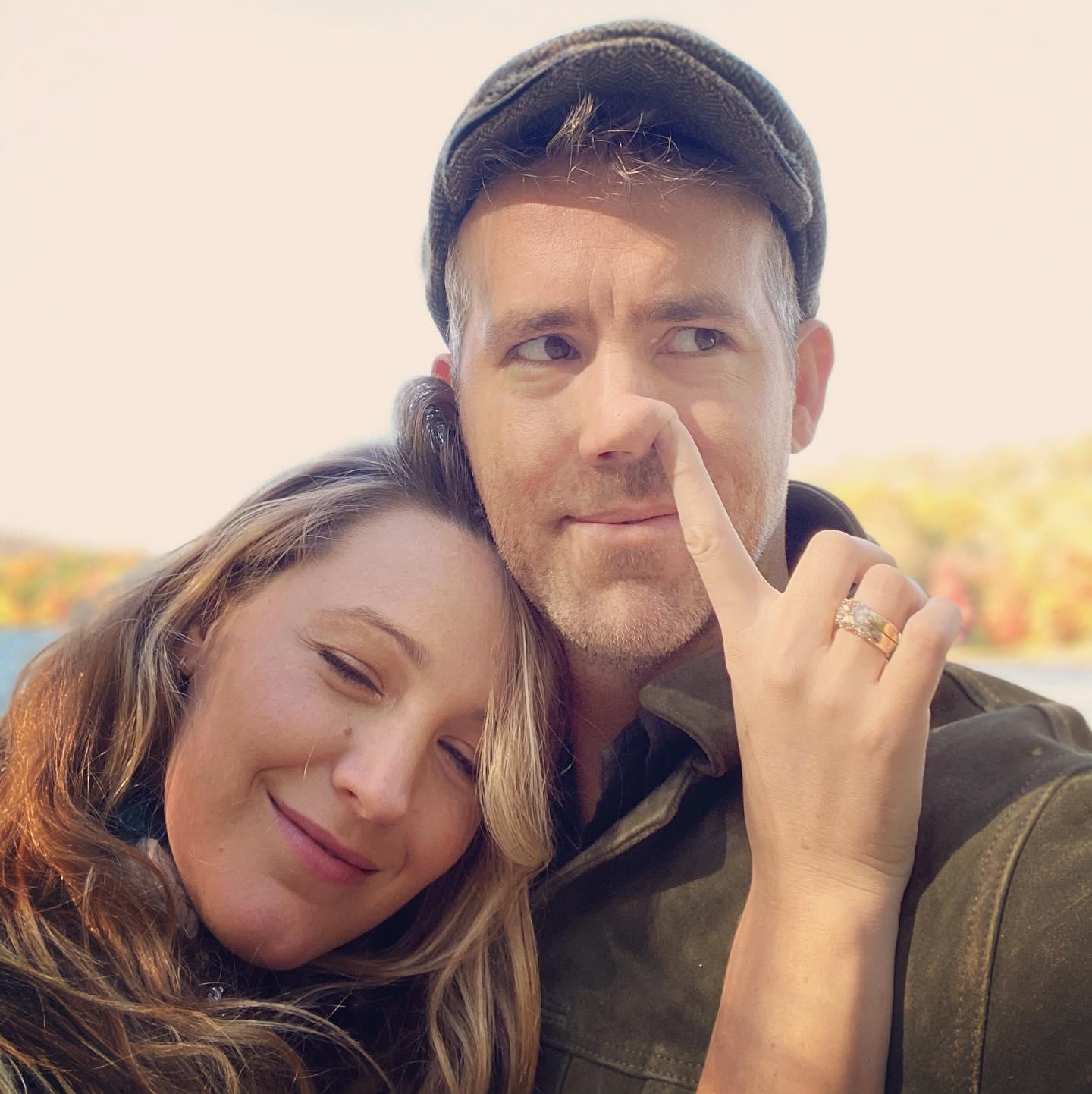
Reynolds also said that he makes sure to keep his ads "light" to attract a wider audience. This idea was cemented during the COVID-19 pandemic lockdown.
“That idea was drilled home during 2020. We definitely want help where we seek it, but otherwise, we want to lighten this load," he said. "Everybody has anxiety. When I’m trying to create something, I want to unburden others of that."
“Humor and emotion travel the most virally. Oftentimes, ads are hyper-sincere, and I think they’re noise," he said. "If you really want to punch through, you can make people laugh."
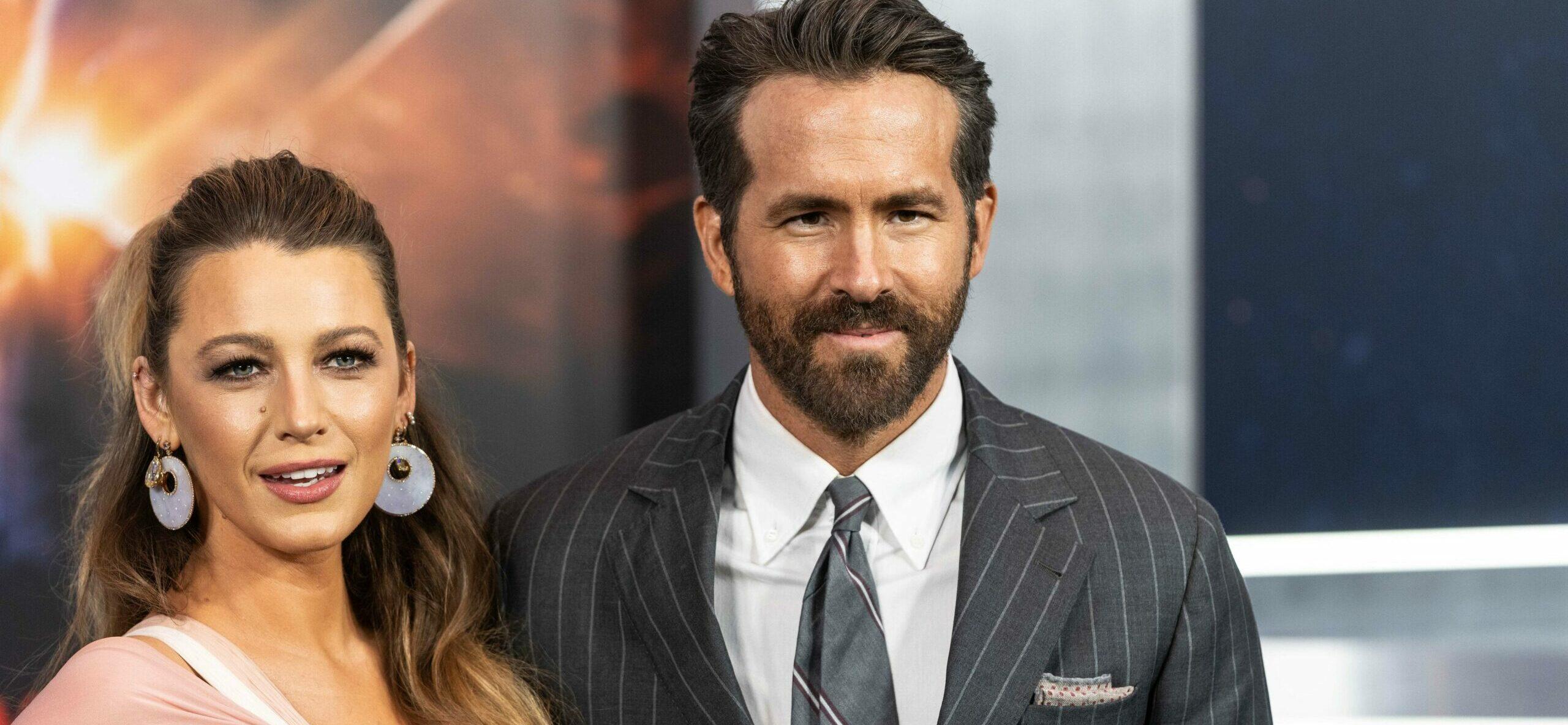
"Consumers and audiences know they’re being marketed to, and they can feel the tactics, they can feel the conversations the executives have had," he continued. "If you can drop that artifice a little bit and speak plainly, they’re much more willing to share it."